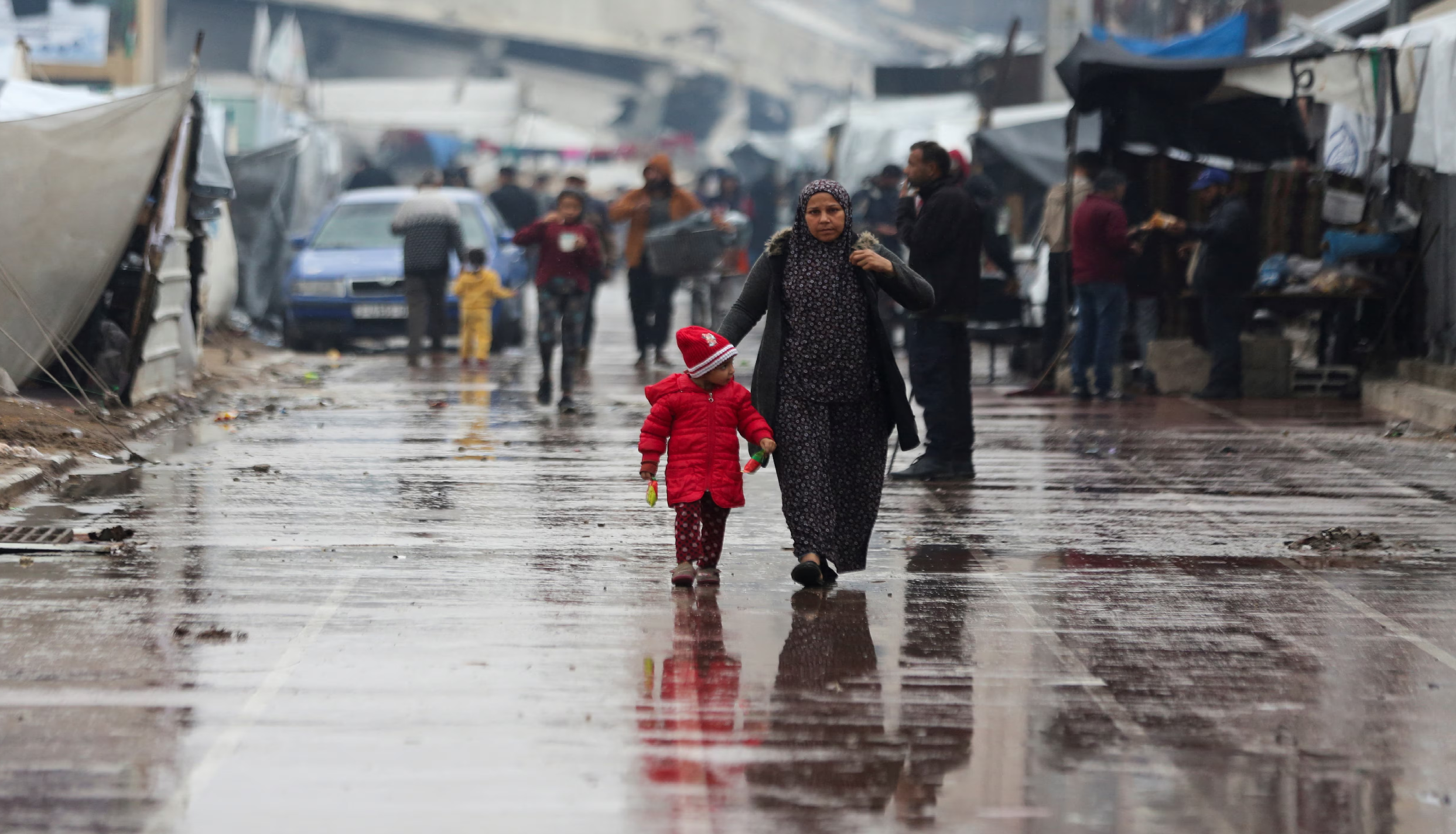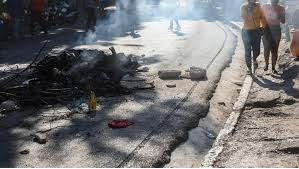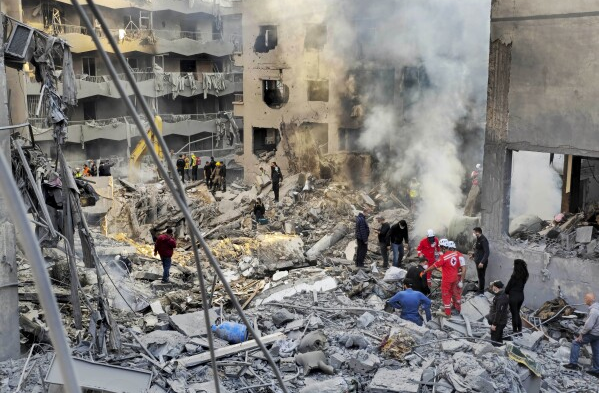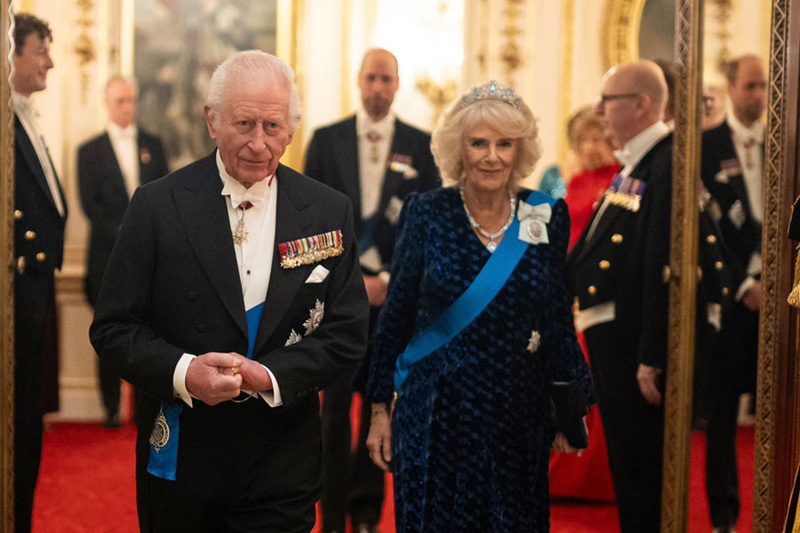
Locals flee Russian occupation in long, arduous journey
Kyiv (Ukraine): For Rima Yaremenko, the 5,000-kilometer (3,000-mile) odyssey to escape Russian occupation ended within sight of where it started.
The 68-year old Ukrainian woman traversed several countries over six days only to settle across the river from her beleaguered hometown. She came a long way by bus through Russia, Latvia, Lithuania and Poland to be this close.
From the Ukrainian-controlled city of Kherson, where she now lives, the faint outline of Oleshky is visible from a distance. But the community with a prewar population of 25,000 may as well be a world away.
Yaremenko lived under Moscow’s rule for 15 months, putting up with the rumble of constant shelling just be near her beloved home and blooming garden.
Then it was gone after the destruction of the Kakhovka Dam in early June triggered catastrophic flooding and reduced the property to clay.
She faced a tough choice: endure homelessness as the war raged nearby or take the only way out — a long, circuitous and uncertain journey through Russia.
“We didn’t want to go, but once we were flooded, I decided there’s nothing to stay for,” she said.
Hundreds of others left, too, abandoning their water-logged homes to travel across vast sweeps of occupied land, past checkpoints that required nail-biting interrogations and through Russia’s urban heartland, all to reach the borders of the European Union.
Now that they are beyond the reach of Russian authorities, the escapees offered rare firsthand accounts to The Associated Press of their lives under occupation and their harrowing escape from Kremlin-controlled territory.
Some of them spoke on the condition that they be identified only by their first names because they still have relatives living in occupied territory.
As the two sides blamed each other for destroying the dam, water levels declined and thunderous artillery fire resumed. Fighting intensified along the Dnieper River, which marks the line between Kyiv and Moscow’s battling armies.
Russian allegations that Ukraine was responsible for the dam collapse were called into question by an AP investigation. The constant shelling proved too much for those already struggling with homelessness and access to drinking water. Most did not have the money to rebuild.
Occupation authorities offered a mere 10,000 rubles ($100) in compensation.
“My house was unlivable. Everything was covered in mud. The water pipes were broken and dirty. There was sewage,” said Lana, 43, who left Oleshky on June 19 and arrived in Kherson a little over a week later.
“It was impossible to breathe. We were suffocating.” Residents initially hoped a quick Ukrainian counteroffensive would free them. But the longer they remained, the more they feared pressure to acquire Russian passports.
“Although the water receded, the calamity persisted,” said Yevhen Ryschuk, Oleshky’s exiled mayor, who is in contact with residents.
The AP spoke to nine people who left Oleshky from June 13 to July 1. The only way out of the occupied part of the Kherson region was through Crimea, which Russia illegally annexed in 2014.
Travelers had to be processed in the administrative town of Armyansk, where phones are inspected, email passwords collected and those suspected of collaborating with Ukrainian forces interrogated or detained, in some cases never to be seen again.
Some are unable to pass simply because they lost their documents and have no money, said Nelly Isaeva, director of Helping to Leave, an organization that works remotely to aid Ukrainians who are trapped on the east bank and want to escape.
“Young people left, and pensioners stayed,” said Nataliia Skakun, 54, who recently left Oleshky with her husband, Serhii, and resettled in Mykolaiv, in the Kherson region. A woman who remains in Oelshky said life under occupation has become harder over time. The Russians “began to act more harshly than before,” she said, speaking on condition of anonymity out of fear for her safety.
Russian soldiers now check the documents of locals, for example, when visiting the market. (AP)
 English daily published in Bengaluru & Doha
English daily published in Bengaluru & Doha






